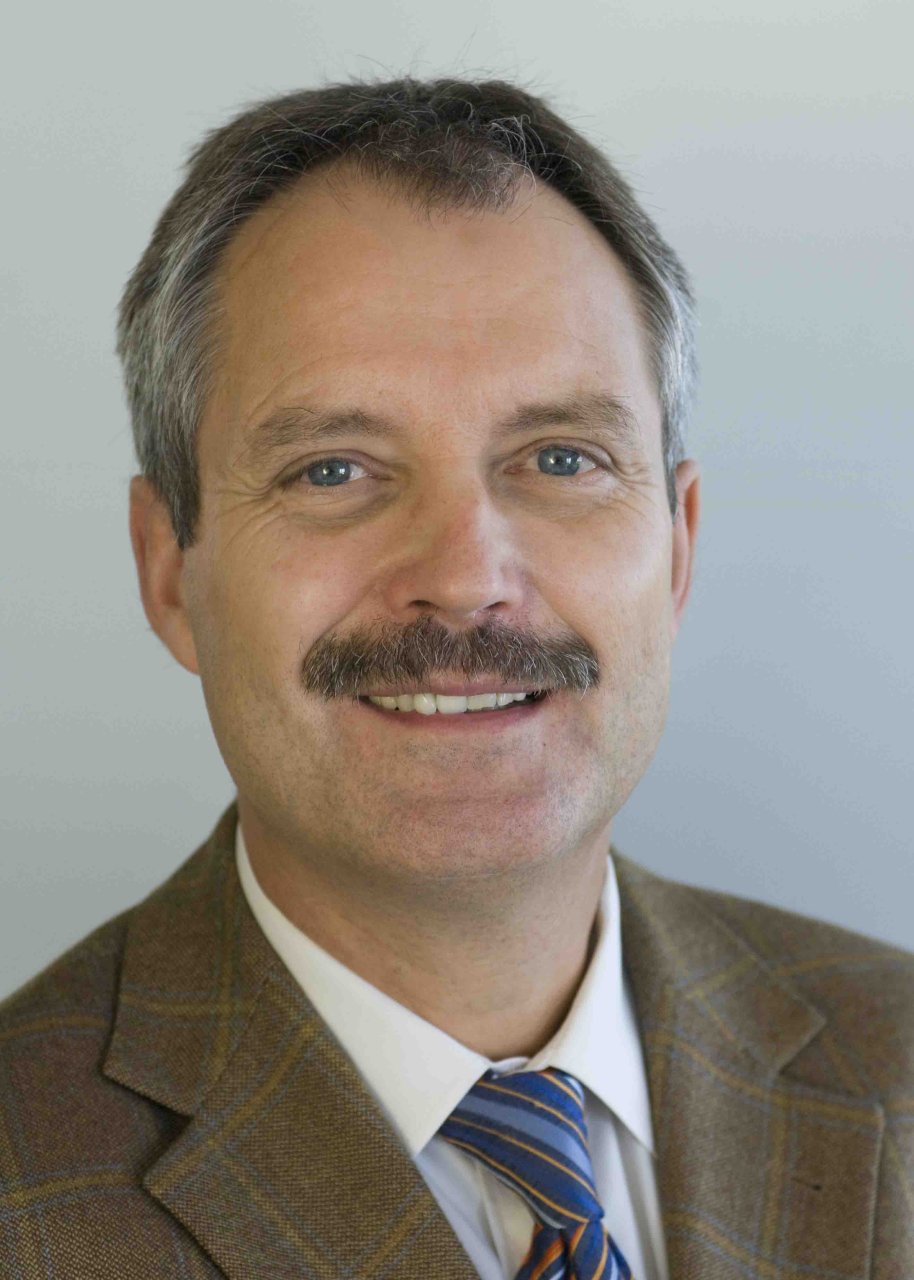Azerbaijan, Baku, Nov. 17 / Trend A.Badalova /
Trend 's interview with RWE Dea AG Turkmenistan General Manager
Heiko Oppermann.
Trend : In summer, RWE Dea was awarded a concession to explore and develop Licence Block 23 in the Caspian Sea in Turkmenistan. At what stage is the work on this block today? What operations have already been carried out and what is planned to be done in the immediate future?
Oppermann: The Production Sharing Contract (PSC) signed by the State Agency for Management and Use of Hydrocarbon Resources, by the President of Turkmenistan and RWE Dea, became effective early in August 2009. Since then, we have registered our own subsidiary, RWE Dea AG, Turkmenistan Branch in Ashgabat. The local Branch office will be opened soon. Currently we are preparing tender documents for a baseline study and an environmental impact assessment study to be performed prior to a 3D-seismic acquisition in our offshore Block 23.
Q: When is production scheduled to begin and what is the possible transportation route of hydrocarbons from prospective fields?
A: After acquisition, processing and interpretation of seismic data, we plan to drill one exploratory well by 2013. If this well proves to be successful, further appraisal drilling will be considered. At this point in time, it is far too early to decide on specific transportation routes.
Q: What are the expectations of oil or gas resources in Turkmenistan?
A: We expect significant resources in Block 23, but as we are currently at the very beginning of our work programme, it is far too early to provide any reliable estimate. We will have to wait for the results of our exploration campaign.
Q: Considering the lack of a gas pipeline through the Caspian Sea, how will gas from the region be delivered to Europe?
A: Generally speaking, there are several options: the most likely one at this point of time would be a tie-in of various offshore fields, which means a connection between Turkmen and Azeri offshore platforms. A further one, of course, would be a trans-Caspian pipeline, an offshore pipeline system about 300 kilometres long, linking Turkmenistan and Azerbaijan.
Other options may also be considered. Together with OMV, RWE is exploring all options in detail.
Both companies founded the "Caspian Energy Company" in order to analyse possible ways to build up a comprehensive infrastructure that is able to link the vast gas resources of the Caspian region to Europe.
Q: What is the total investment volume for exploration of this block?
A: During the initial exploration period of four years as defined under the signed PSC, we estimate total expenditures of about $60 to 80 million.
Q: Why is RWE Dea focusing on Turkmenistan or the Caspian region?
A: First of all, we expect a substantial reserve potential in Turkmenistan and other countries of the Caspian region and we can contribute a lot of experience when it comes to the exploration, development and production of hydrocarbons.
And, of course, RWE is part of the Nabucco consortium, with the aim of securing the energy supply of Europe. Hydrocarbons from Block 23 may contribute to filling the planned Nabucco pipeline with equity gas volumes.
Furthermore, RWE Dea can rely on its long-lasting experience as operator in transition zones and environmentally sensitive areas. The drilling and production island Mittelplate in the German Wattenmeer Tidelands, a national park, is an excellent proof for professional performance in that field. The special location of the oil field Mittelplate in this ecologically sensitive area calls for the utmost of care in the execution of all operations and poses an extreme challenge for both people and technology. The Mittelplate project is therefore characterised by the use of numerous technical innovations and an internationally unique level of safety, making it a model of environmentally compatible crude oil production. We are looking forward to bringing our experience and technological abilities into our new project, which hopefully will be the starting point for a long lasting and faithful relationship between Turkmenistan and RWE Dea.
Q: Will you employ Turkmen staff, and what is the outlook for the organisation?
A: We will start our local branch office with some very qualified Turkmen personnel. Together with experts from RWE Dea in Germany, we will put ourselves in a strong position to fulfil all requirements of the work programme under the PSC for Block 23 and we will apply high technical and administrative standards. With growth of our activities, we will also consider establishing an appropriate number of expatriates besides employing nationals.






